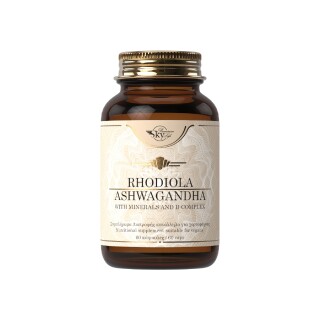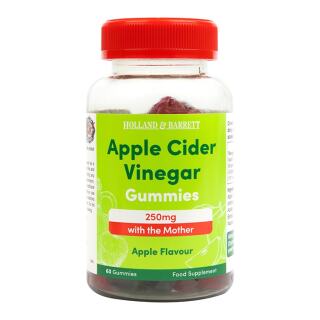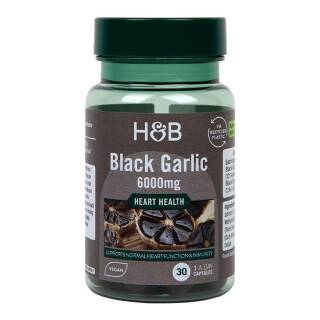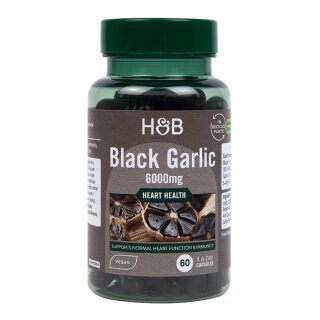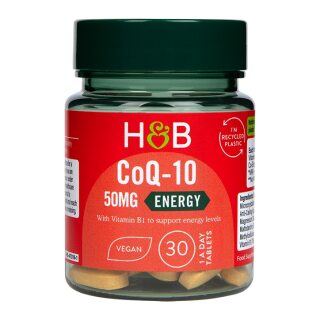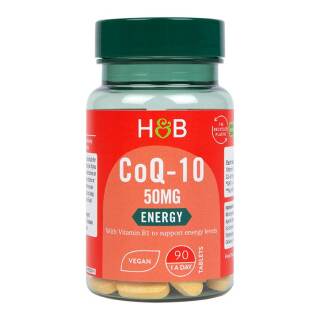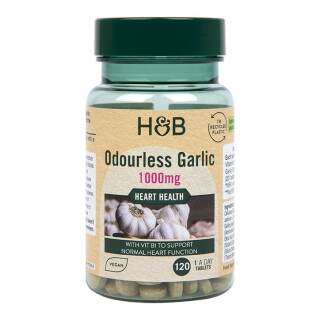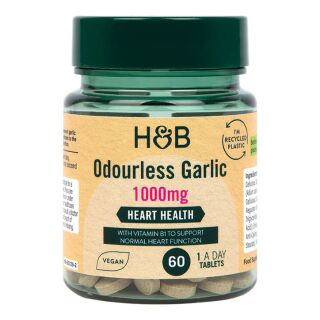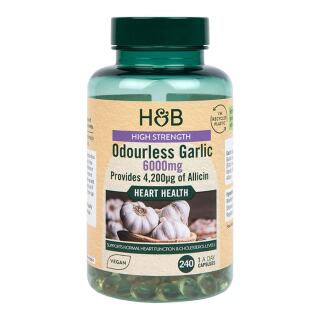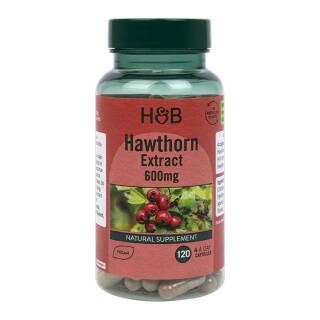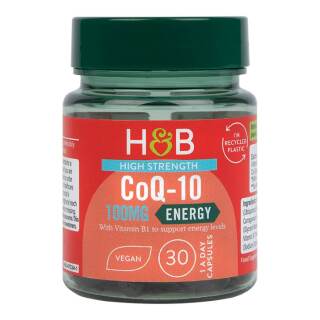Due to the initiative of the World Heart Federation, 24 years ago, World Heart Day was established and it is celebrated every year on 29th September. I wonder what motivated the international bodies to establish this day?
What is its purpose?
According to the most recent estimates by international organizations, the number one cause of death worldwide is neither cancer nor infectious diseases in third world countries. It is by far the cardiovascular disease. The most common cardiovascular diseases include coronary heart disease, stroke and ischemic heart disease. What does this tell us? That we are doing something wrong and are not providing the necessary protection and support to the system that this super valuable "lever that keeps us alive"... our heart!
Heart Functions
The heart is the main muscular organ of our body, which is most often located behind the sternum to the left - yes, there are people in this world whose heart is located on the right side of the sternum. The functioning of our body is entirely dependent on the functioning of the heart. Why? The heart is the center of blood circulation and it is the one that pumps blood to the tissues of the body so that they do not "run out" of oxygen and nutrients. It is estimated that at rest, the heart pumps up to 16L of blood per minute, while during exercise, this amount increases tenfold.
Cardiovascular risk factors. What threatens the integrity of the heart?
Heredity is one of the most important non-modifiable risk factors for cardiovascular disease, along with gender and age, i.e. factors we cannot do anything about to reduce the chances of having a cardiovascular event. However, most of the risk factors responsible for the above event are modifiable, which means that it is in our hands to help our body protect the function of the heart and extend life expectancy. Let's see some of them:
- Smoking
The major risk factor and the one that appears to have the greatest impact on cardiovascular risk. It seems that smoking alone is responsible for approximately 17 million deaths worldwide (the number speaks for itself)!
- Sedentary life
The World Health Organization recommends 150 minutes of aerobic exercise per week, such as walking, swimming, dancing. In other words, just half an hour a day can greatly reduce cardiovascular risk. That is why walking is known as the cheapest medicine to protect our heart.
Unhealthy eating habits
You may have heard that sweets are fattening and not good for us. This proposition does not apply, as individual foods do not have the ability to make us fat or pose health risks. What science tells us is that if we habitually consume sweets every day, we may increase the possibility of increasing our weight and/or cardiovascular risk. In other words, regarding nutrition, it is our eating habits that bring about the corresponding results, and not individual foods.
Furthermore, unhealthy eating habits can lead to long-term high blood sugar, high blood cholesterol and excess body weight, which are independent cardiovascular risk factors.
Therefore, focus on:
- Trying a variety of nuts as a snack. Nuts are rich in good quality fats, plant-based protein and fiber, all of which have a cardioprotective effect.
- Including seeds in your diet. Flaxseed, hemp seeds and chia seeds are very good sources of omega-3 fatty acids and plant-based protein and are an ideal addition to your morning yogurt or afternoon smoothie.
- Increasing fiber Include a variety of fruits in your diet, including dried fruits (yes, they are not fattening as we said), vegetables, whole-grain cereals and legumes.
- Cooking mostly with olive oil, which has a lot of antioxidants as well as good quality fats that protect heart function.
- Including fish in your diet at least 2 times a week. And if you are not a big fan, then an Ω3 supplement is a very good alternative, to increase the consumption of Ω3 that your heart needs so much!
In general, always focus on what you can add to your diet, rather than what you can take away!
In addition to nutrition, keep in mind:
- Get up from your office chair as regularly as you can - if you work sitting down - and find the exercise that suits you. Don't forget that just 20-30 minutes of walking a day can make a difference.
- Reduce smoking as much as possible. It is one of the best and most effective ways to protect your heart.
Also, as mentioned above, elevated blood pressure and/or elevated blood cholesterol increase cardiovascular risk. Holland & Barrett, with 150 years of experience, has created a number of supplements directly from nature, which can be integrated into a balanced Mediterranean-type diet, and make a difference to people who either have a history of hypertension or hypercholesterolemia, or have increased blood pressure or cholesterol. Don't forget that if you are taking medication at the same time or in the presence of any disease, the approval for any use of a supplement by the attending physician is considered necessary.
Let World Heart Day be the occasion to start acting in favor of our hearts and dramatically reduce cardiovascular risk. It's a shame that most risk factors are modifiable and we don't do anything about it.
So it's up to us. Let's start today!
Scientific references
Hellenic Society of Cardiology, www.hcs.gr
Guasch‐Ferré, M., & Willett, W. C. (2021). The Mediterranean diet and health: A comprehensive overview. Journal of internal medicine, 290(3), 549-566.
Kris-Etherton, P. M., Petersen, K., & Van Horn, L. (2018). Convincing evidence supports reducing saturated fat to decrease cardiovascular disease risk. BMJ Nutrition, Prevention & Health, 1(1), 23.
Park, J. H., Moon, J. H., Kim, H. J., Kong, M. H., & Oh, Y. H. (2020). Sedentary lifestyle: overview of updated evidence of potential health risks. Korean journal of family medicine, 41(6), 365.
Roy, A., Rawal, I., Jabbour, S., & Prabhakaran, D. (2017). Tobacco and cardiovascular disease: a summary of evidence. Cardiovascular, Respiratory, and Related Disorders. 3rd edition.


